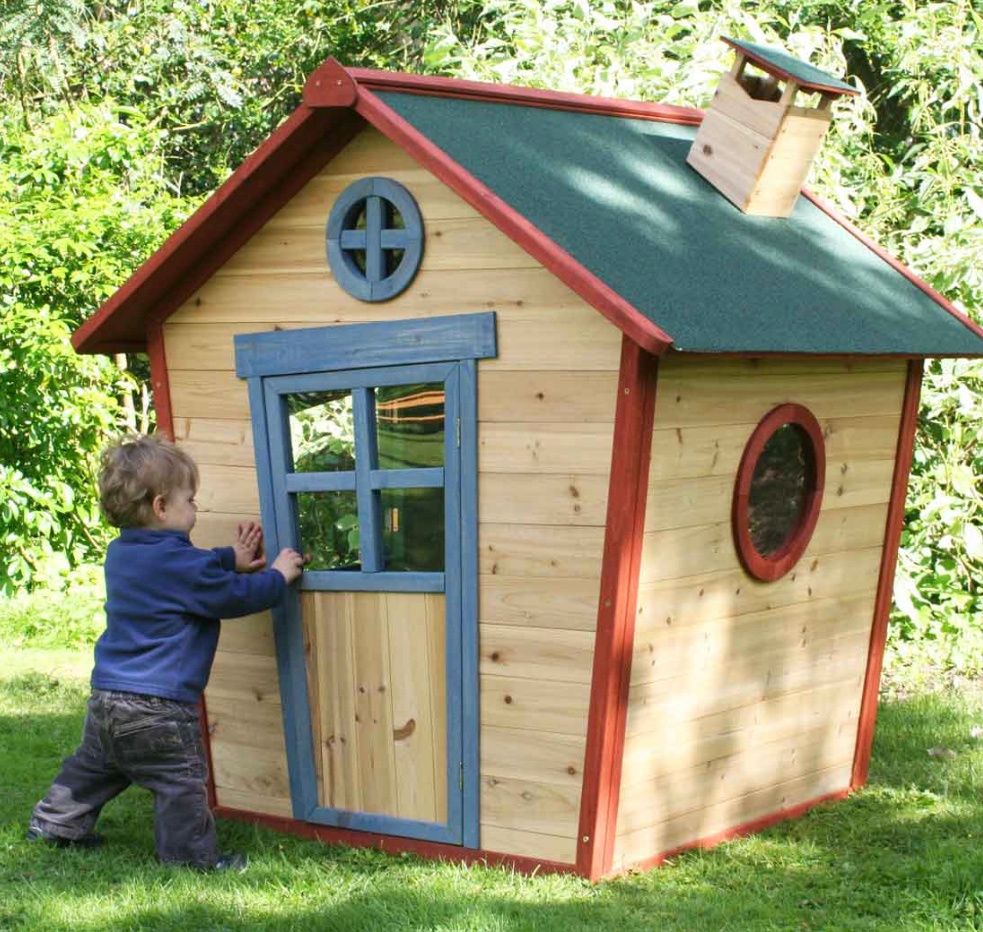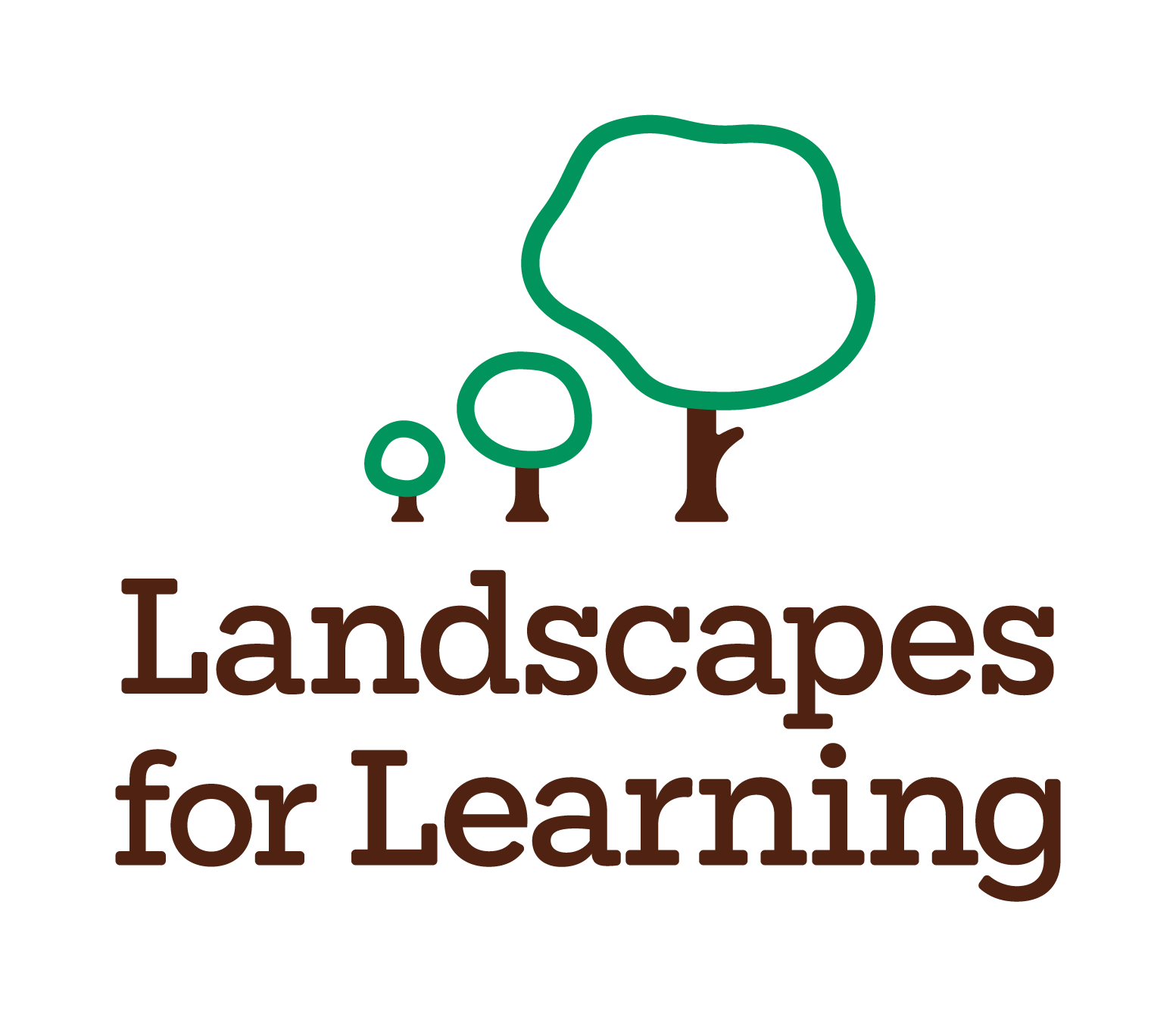Frolicking in Nature is Serious Business

“Nature wants children to be children before men […] Childhood has its own seeing, thinking and feeling.” Jean-Jacques Rousseau
Getting developing children out into nature – to play, forage, climb and build is crucial for their overall wellbeing and functioning. But, even though we might not yet fully understand the therapeutic nature of a good puddle-splash session, or experimenting in a mud kitchen, these benefits are very real. Hopefully, after reading this article you will also be a proponent, and see why it’s worth encouraging in our children.
As parents and caregivers, it’s hard to not fixate on your children’s grades and overall academic performance. How is their reading comprehension, or spelling? Are they struggling with maths? It’s easy to understand why. Early on in life, each new behaviour of your child signalled that a crucial developmental milestone was reached, and could be crossed off, or addressed. And they start early – from just 2 months old.
Examples of these include when your child looks at your face for the first time, or expresses happiness when they see you. As primary caregivers, it will have been drummed into you to watch out for these accomplishments, or their absence. These crucial milestones go on up to 5 years old when they are generally expected to start in turn-based play. You might even have been lucky enough to be invited to their first live performance, or perhaps even better, their first chores.
After playing such a key guardianship role in their development, it’s easy to carry over this inbuilt parental hyperfocus onto educational achievements. Ofsted’s guiding principles only stress educational and vocational skills as its outcomes – so you aren’t alone. Then why is this such a bad thing?
Nature as a protective force
Increasingly education has limited children’s opportunities for play. Play forms an essential developmental activity for children, through which they develop physically, emotionally and psychologically. Outdoor spaces afford children play spaces to develop gross motor skills, and outdoor play is correlated with increased interest and aptitude in sports later in life. With childhood obesity a pressing issue, the natural environment is a key resource to keep children bodily and mentally healthy. With more screen time and access to devices, children are more sedentary than ever – outdoor play can serve as a vital protection against this lifestyle.
We’re also witnessing a crisis in children’s mental health. In 2020, one in six childhood-aged children had a mental health illness, a concerning rise from one in nine in 2017 (NHS Digital, 2002). Outdoor play and exposure to natural landscapes are increasingly being seen as worthwhile interventions, notably protecting against behavioural issues.
Additionally, some children just aren’t geared towards learning in rigid environments. A study on learning styles found that the majority of students (37%) were kinaesthetic learners (needing tactile, hands-on engagement to learn). Outdoor environments provide opportunities for experiential learning, suitable for this learning style.
So while puddle splashing, den building or even taking standard classes outdoors might seem frivolous, especially in comparison to schooling, the benefits of outdoor play are compelling. Indeed, established research has demonstrated it is anything but trivial.
Let’s take a look at some quite spectacular benefits of putting the books aside, letting go of constraining education metrics, and letting children frolic – getting back to our hunter-gather roots. The remarkable upshot of going down to the woods to play includes improvements in key life skills, mental health, and socialisation, and it has positive knock-on effects on focus and learning, too. Let’s delve into the natural benefits we glean by getting back to nature.
Nature improves children’s overall mental health
Mental health is a vital part and parcel of children’s overall health and wellbeing. The relationship between urban environments and poor mental health and cognitive development is now well established. Stressful, deprived urban areas have even been found to shrink the size of children’s brains.
A 2021 study on the effect of woodland environments on children’s mental health and cognitive development found that the exposure of young kids to woodland lowered the risk of behavioural and emotional issues during adolescence. In a recent analysis of published studies, 8 out of 12 found a significant relationship between positive mental health and children’s engagement with nature.
For the ever-growing cohort of children with ADHD, for example, even just walking in green spaces mitigated symptoms and boosted concentration levels. In fact, the greener their surroundings, the more manageable their symptoms were.
Nature bolsters children’s cognition
When we allow children to roam through green spaces and woodlands, their overall cognitive development is improved. It is well-known that children are natural scientists, questioning everything. Encouraging our children to play in nature gives them a portal through which to investigate, observe, classify, and learn about the beautiful and complex world that sustains us – improving their reasoning skills. It has been demonstrated that time spent in outdoor, or green spaces, is associated with greater self-control, higher concentration, and increased memory and academic success.
When children play and go on woodland adventures, from den building and tree climbing to animal spotting, they can encounter diverse opportunities for spontaneous decision-making. These activities promote creativity and problem-solving skills. Also, giving children an environment to engage in safe risk-taking activities promotes skill development and self-mastery. The lack of experiential engagement with the outdoors has been linked to poor risk assessment – for themselves or others. Healthy risk, such as that developed by experimental play in woodland or outdoor spaces, improves risk management later in life. It’s also a key driver to help develop important character and personality traits such as resilience and self-reliance.
Ultimately, it means that simply being in and actively engaging with nature helps to lay a foundation to improve a child’s executive function later in life. This is a key cognitive development needed for academic success, concentration and overall, effective functioning.
Natural spaces are a benefit to children’s mental health
These fantastic effects on children’s development aren’t just physical; they’re great for mental health, too. Forest-bathing is an activity where mindfulness is used to engage with the natural environment. By being aware of the sights and sounds of the woods, hearing the rustling of the leaves by the wind, feeling the soft tread of the earth underfoot, and rough tree bark on skin, mindful behaviours are encouraged.
Practising ‘forest-bathing’, or shinrin-yoku as it was termed by the Japanese, has many benefits for the body’s natural functioning. For example, it positively impacts immune function, heart rate consistency and secretion of the stress hormone, cortisol.
Aside from this, children’s mobility, fitness, stamina, balance – even bone density – are all bolstered by outdoor activities such as tree climbing, fort building and outdoor exploration.
Nature aids children’s social integration and behaviour
In a powerful research study conducted in California, children that took an outdoor science class showed significant improvements in six areas. Interestingly it wasn’t their academic performance that was evaluated, but social behaviours and integration into the group.
The outdoor class demonstrated gains in self-esteem, conflict resolution, relationship with peers, problem-solving, motivation to learn and behaviour in class. That’s a lot of gains, just by relocating learning into a more natural environment. Another study looking at forest schools showed that there were improvements in not just social, but language skills.
More specifically, this study found after 6 weeks there were significant improvements in children’s cooperation and conflict-resolution, for children that attended science lessons in natural classrooms. Children engaging in the outdoor classes had overall attendance and school improvements – all of this by just relocating science class outdoors, with no specific outdoor activities! Take a look at our exciting range of outdoor classrooms here.
Woodland play promotes scientific and environmental interest
There is evidence that suggests that the earlier a child enjoys the natural world, the more likely they are to develop a deep connection to nature, and the environment. Exposure to woodland and natural spaces develops pro-environmental activities and thoughts. Early childhood experiences with nature forge a less egocentric, and more empathetic view of other creatures and the natural world, grounding them in our beautiful world.
In the research study linked above, after having learnt science in a natural class setting, there was a shift toward environmental and scientific attitudes for those children. After the six-week course, the children who were not in the outdoor classrooms cared less about the environment, and science, than those that were. Parents of children that had been taught in an outdoor classroom, however, observed significant pro-environmental behaviours, such as an increased enthusiasm for reusing and recycling.
Children are future policymakers. There is a link between the experiences that children have in nature and adults working in conservation.
Hopefully by now, you’ll agree that frolicking in nature is serious business for children, with a wealth of psychological, emotional and physiological benefits. Simply put, children’s exposure to the natural environment makes them more ecologically engaged, socially adept, collaborative and well-adjusted.
All this, while also being free (if you don’t count travel costs). And the occasional muddy footprint in the house is a small price to pay for such impactful rewards for children’s overall physical and mental health.
Visit our store today and see how our products at Landscapes for Learning can get your little natural scientists out and learning, reaping the benefits of connecting with nature. Contact us at Landscapes for Learning to find out how building an outdoor classroom might work for your setting.
